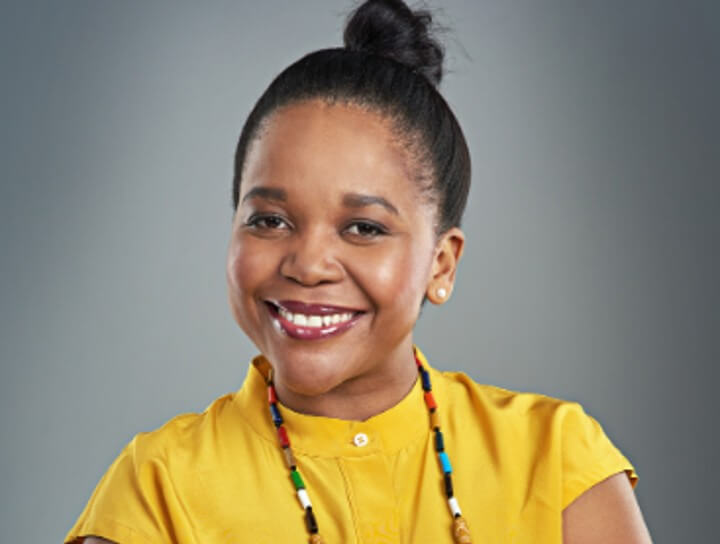

December 16, 2020
For most of the year, people have been feeling the pressure of the life that COVID-19 has brought. Months of staying in our homes, which have doubled as offices for our work and classrooms for our kids. We’ve leaned heavily on technology like Zoom to be able to see our family and friends, but it’s not the same as a hug or a handshake. And we’ve felt it. Some more than others.
We’ve been waiting for a much-needed sprinkle of hope, as Dr. Nick Dewan of Florida Blue calls it. Something to help relieve some of the stress that’s been building since March.
That sprinkle of hope has arrived in the form of a small vial; the long-awaited vaccine that will help protect the country against COVID-19. Health care workers, elderly residents, people who live in long-term care facilities and those with significant pre-existing conditions will be the first to get the vaccine in Florida. (Click here to see the latest draft of the state’s vaccination plan.)
Until you get vaccinated, keep taking steps to stay safe: wear a mask, wash your hands often, stay at least six feet away from people you don’t live with and avoid crowds.
Dewan said the vaccine is the first step to help three groups of people be able to see some hope for normalcy to return to their lives. The first group is those who have adapted after going through the ongoing stresses of COVID-19 and are comfortable safely reconnecting with a few close family members, said Dewan, who is a psychiatrist and vice president of behavioral health for Florida Blue.
Then there’s the group that is frustrated. People who are concerned by how COVID-19 has impacted their day-to-day lives and are willing to take calculated risks to resume their day-to-day lives, especially if they don’t have pre-existing conditions like diabetes and asthma.
The third group is still afraid because they haven’t figured out how to adapt, Dewan said. They’re really feeling isolated and have suffered enormously. For that group, he said, hope is around the corner in the form of the vaccines that are now being distributed.
He compares their journey to taking a cross-country trip from New York to California. When they reach the Mississippi River, they think, “Oh, my goodness. What a long drive.” But then they realize how far they’ve come and tell themselves, “I can deal with this.”
The news of the vaccine should reduce the sense of hopelessness, which Dewan says is tiring for many people. Most will start to see their stress level go down some and they’ll begin to feel more energetic and optimistic, he said. For others, it will come at a slower pace.
Celebrate those things around you, Dewan said. Take a walk outside and enjoy the fresh air. Check out the trees and the stars, he said. He also suggested staying connected with others by phone, text and Zoom or Facetime. It’s the perfect way to share good news, he said, which we all want to hear, especially after the past several months.
It’s important for people to start feeling what Dewan calls tiny successes, things that will help them feel more in control. For example, clean out a closet. But if that seems overwhelming, start with one shelf. And celebrate that accomplishment. When you’re ready, take on the next shelf. Celebrate. And then move on to the next.